javascript实现手势识别需监听touchstart、touchmove和touchend事件,1. 在touchstart中记录起始坐标和时间;2. 在touchmove中持续获取坐标并可初步判断方向,但避免复杂计算以提升性能;3. 在touchend中根据位移差和时间差判断手势类型,如滑动或点击,通过设定阈值区分,同时可使用节流、防抖或requestanimationframe优化性能,对于多点触控需计算多点间距离变化以识别捏合等手势,复杂场景建议使用hammer.js等手势库。
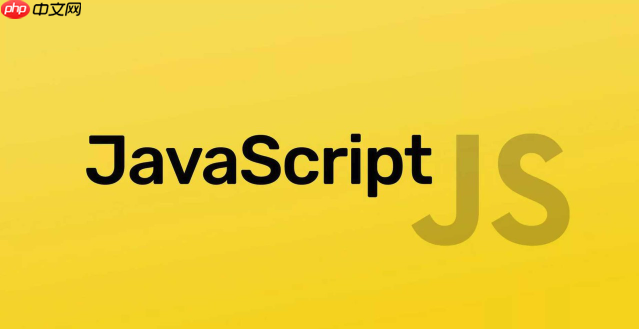
JavaScript实现手势识别,简单来说,就是通过监听触摸事件,然后分析这些事件产生的坐标变化和时间间隔,从而判断用户做了什么手势。
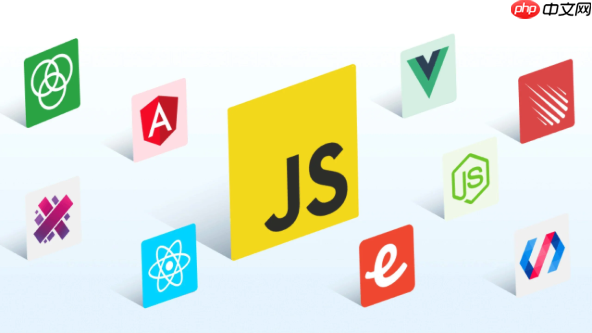
解决方案:
事件监听: 首先,你需要监听
touchstart
touchmove
touchend
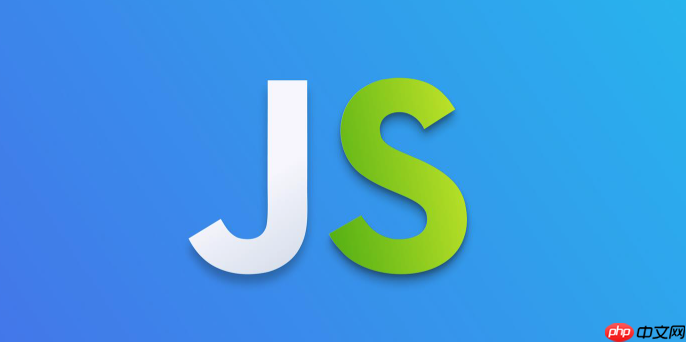
document.addEventListener('touchstart', handleTouchStart, false);
document.addEventListener('touchmove', handleTouchMove, false);
document.addEventListener('touchend', handleTouchEnd, false);数据收集: 在
touchstart
touchmove
let startX = null;
let startY = null;
let startTime = null;
function handleTouchStart(evt) {
startX = evt.touches[0].clientX;
startY = evt.touches[0].clientY;
startTime = new Date().getTime();
}
function handleTouchMove(evt) {
if (!startX || !startY) {
return;
}
let x = evt.touches[0].clientX;
let y = evt.touches[0].clientY;
let dx = x - startX;
let dy = y - startY;
// 这里可以根据dx和dy来判断滑动方向,并执行相应的操作
// 例如:
if (Math.abs(dx) > Math.abs(dy)) {
// 水平滑动
if (dx > 0) {
// 向右滑动
console.log("向右滑动");
} else {
// 向左滑动
console.log("向左滑动");
}
} else {
// 垂直滑动
if (dy > 0) {
// 向下滑动
console.log("向下滑动");
} else {
// 向上滑动
console.log("向上滑动");
}
}
}手势判断: 在
touchend
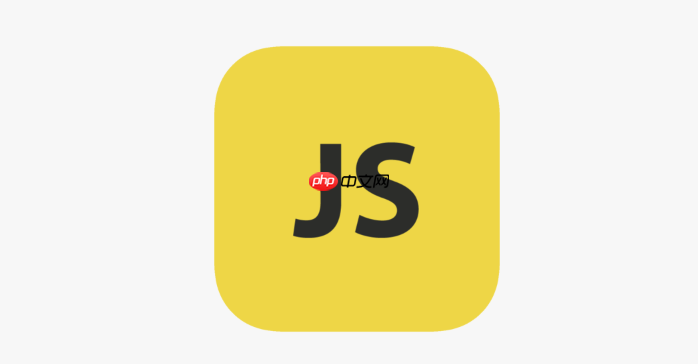
function handleTouchEnd(evt) {
if (!startX || !startY) {
return;
}
let x = evt.changedTouches[0].clientX;
let y = evt.changedTouches[0].clientY;
let dx = x - startX;
let dy = y - startY;
let endTime = new Date().getTime();
let timeDiff = endTime - startTime;
// 这里可以根据dx、dy和timeDiff来判断手势类型
// 例如:
let swipeThreshold = 50; // 滑动阈值
let timeThreshold = 300; // 时间阈值
if (Math.abs(dx) > swipeThreshold && timeDiff < timeThreshold) {
// 水平滑动
if (dx > 0) {
// 向右滑动
console.log("向右滑动");
} else {
// 向左滑动
console.log("向左滑动");
}
} else if (Math.abs(dy) > swipeThreshold && timeDiff < timeThreshold) {
// 垂直滑动
if (dy > 0) {
// 向下滑动
console.log("向下滑动");
} else {
// 向上滑动
console.log("向上滑动");
}
}
// 重置起始坐标和时间
startX = null;
startY = null;
startTime = null;
}手势库: 对于更复杂的手势识别,例如捏合、旋转等,可以考虑使用现有的JavaScript手势库,例如Hammer.js或AlloyFinger。这些库已经封装了常用的手势识别算法,可以大大简化开发工作。
性能优化是个好问题。首先,避免在
touchmove
touchend
另外,可以考虑使用节流或防抖技术来减少
touchmove
requestAnimationFrame
let lastTime = 0;
function handleTouchMove(evt) {
let now = new Date().getTime();
if (now - lastTime < 16) { // 约等于60帧/秒
return;
}
lastTime = now;
// 你的手势处理逻辑
}再者,对于不需要手势识别的元素,可以禁用触摸事件的默认行为,避免不必要的性能消耗。
多点触控稍微复杂一些。你需要遍历
evt.touches
例如,对于捏合手势,你需要计算两个触摸点之间的距离。当距离变小时,表示用户在缩小;当距离变大时,表示用户在放大。
function handleTouchMove(evt) {
if (evt.touches.length === 2) {
// 双指操作
let touch1 = evt.touches[0];
let touch2 = evt.touches[1];
let distance = Math.sqrt(
Math.pow(touch2.clientX - touch1.clientX, 2) +
Math.pow(touch2.clientY - touch1.clientY, 2)
);
// 记录起始距离,并在后续的touchmove事件中计算距离变化
// 根据距离变化判断捏合手势
}
}区分滑动和点击的关键在于判断触摸移动的距离和时间。如果触摸移动的距离很小,且时间很短,则可以判断为点击。反之,如果触摸移动的距离较大,或者时间较长,则可以判断为滑动。
function handleTouchEnd(evt) {
let x = evt.changedTouches[0].clientX;
let y = evt.changedTouches[0].clientY;
let dx = x - startX;
let dy = y - startY;
let endTime = new Date().getTime();
let timeDiff = endTime - startTime;
let tapThreshold = 10; // 点击阈值
let timeThreshold = 200; // 时间阈值
if (Math.abs(dx) < tapThreshold && Math.abs(dy) < tapThreshold && timeDiff < timeThreshold) {
// 点击事件
console.log("点击");
} else {
// 滑动事件
console.log("滑动");
}
}以上就是js怎么实现手势识别的详细内容,更多请关注php中文网其它相关文章!

每个人都需要一台速度更快、更稳定的 PC。随着时间的推移,垃圾文件、旧注册表数据和不必要的后台进程会占用资源并降低性能。幸运的是,许多工具可以让 Windows 保持平稳运行。

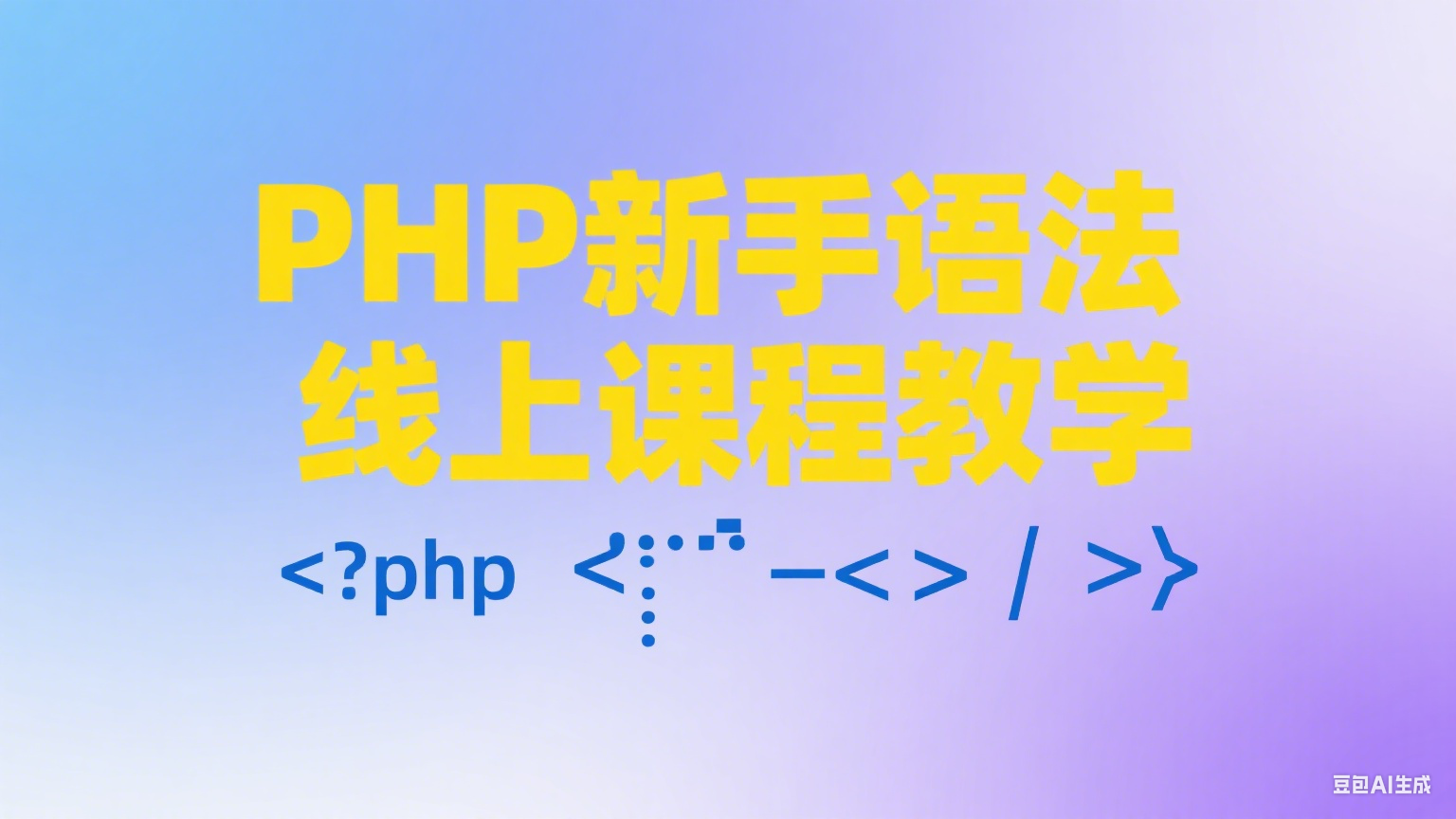


Copyright 2014-2025 https://www.php.cn/ All Rights Reserved | php.cn | 湘ICP备2023035733号